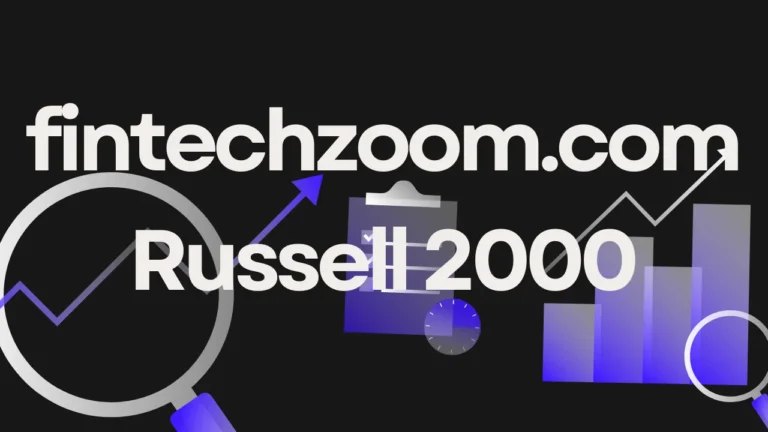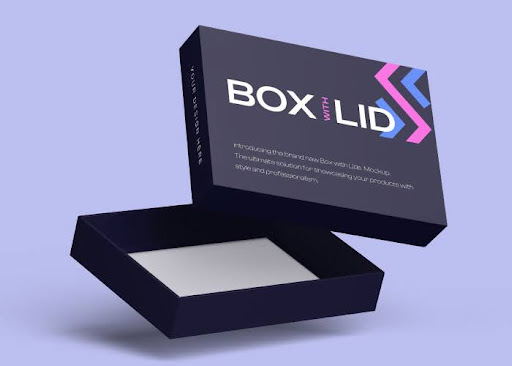Crafting Effective Interview Processes: A Guide for Hiring Managers
In today’s competitive job landscape, optimizing the interview process is crucial for hiring managers striving to attract and secure top-tier talent. An efficient interview structure saves valuable time and enhances the chances of choosing candidates who genuinely match the position and the organizational culture. A comprehensive interviewing platform can significantly streamline the decision-making process, ensuring that interviews are productive and effective for the company and potential employees. This guide offers insights into crafting interview processes that enhance candidate selection while mitigating common pitfalls. Hiring managers can significantly improve their overall hiring approach and achieve better results by integrating strategic interviewing techniques, leveraging data-driven insights, and staying informed about industry trends.
Introduction to Interview Processes
Interviewing is a vital part of the hiring strategy, serving as a fundamental step toward evaluating candidates for potential employment. It is more than just a series of questions and answers; it is a multi-faceted approach tailored to gauge qualifications and cultural fit. For hiring managers, understanding and refining each phase of this process is vital to achieving organizational goals and fostering a thriving work environment. The effectiveness of the interview process determines the quality of new hires, impacting the overall productivity and harmony of the company.
The Importance of Structured Interviews
Structured interviews, characterized by predefined questions and consistent scoring systems, are a hallmark of effective hiring practices. They provide a reliable framework that enables hiring managers to assess candidates fairly and consistently. A study highlighted in the Harvard Business Review underscores the importance of structured interviews in minimizing potential biases, ensuring that every applicant is measured against the same criteria. This approach enhances objectivity and boosts efficiency, allowing hiring teams to accurately compare candidates’ qualifications and responses. Such processes help build a more equitable hiring environment that aligns with organizational diversity and inclusion goals.
Also Read: Efficient Waste Management: A Guide to Choosing the Right Dumpster for Your Project
Integrating Behavioral and Situational Techniques
Many successful interview processes incorporate behavioral and situational techniques, such as the STAR method (Situation, Task, Action, Results), to capture a well-rounded view of a candidate’s potential. These methods draw out past experiences and predict how candidates handle future challenges. Interviewers gain deeper insights into their problem-solving abilities, interpersonal skills, and adaptability by asking candidates to elaborate on specific situations they have encountered and the outcomes they achieved. Mixing these techniques provides a more comprehensive evaluation, ensuring that candidates are assessed on technical skills and their ability to navigate dynamic work environments.
The Role of Data in Interviewing
Data-driven strategies have become invaluable in modern interviewing, offering an objective layer to decision-making. Hiring managers can fine-tune their processes and identify improvement areas by tracking key performance metrics such as candidate feedback scores, time-to-hire, and dropout rates at various stages. This constant feedback loop enables organizations to stay agile and responsive to market demands, optimizing their hiring practices based on empirical evidence. Moreover, analyzing data can reveal hidden trends and patterns, resulting in more knowledgeable and strategic hiring choices.
Common Challenges and Solutions in Interviews
Interviews are often fraught with challenges, ranging from interviewer bias to miscommunication and inconsistent evaluations. Addressing these hurdles requires a proactive and introspective approach, integrating feedback and up-to-date research. For example, training interviewers to recognize and mitigate unconscious biases can lead to more equitable candidate evaluations. Implementing consistent evaluation criteria and using standardized rubrics can simplify the procedure, decreasing the likelihood of discrepancies and ensuring fairness across all interview stages.
Innovative Trends in Hiring Practices
The hiring landscape is rapidly evolving, with technological advancements significantly reshaping traditional interview practices. Innovations such as AI-driven interview tools and virtual interview platforms are gaining widespread acceptance, offering new ways to enhance efficiency and widen the talent pool. For example, automating initial screening processes can save valuable time, allowing hiring managers to focus on candidates with the highest potential. Remote hiring practices have surged, allowing businesses to access worldwide talent networks without location constraints.
Tips for Conducting Fair and Inclusive Interviews
- Embrace diversity by utilizing inclusive language and maintaining a welcoming environment for all candidates.
- Adopt evaluation rubrics to ensure every candidate is scored consistently and equitably.
- Invest in interviewer training programs focusing on unconscious bias and cultural sensitivity.
- Utilize diverse panel interviews to bring multiple perspectives, reducing the influence of individual biases on hiring decisions.
Wrap-Up: Moving Forward with Confidence
Mastering the interview process is crucial for drawing in and keeping high-quality talent in the competitive job landscape. Hiring managers can make confident and informed hiring decisions by adopting structured, data-informed approaches, keeping abreast of modern trends, and fostering an inclusive atmosphere. Remember, the interview process is more than a selection tool; it is an opportunity for both the employer and the candidate to assess potential mutual benefits. Organizations can cultivate an environment conducive to growth, innovation, and success with these strategies.







